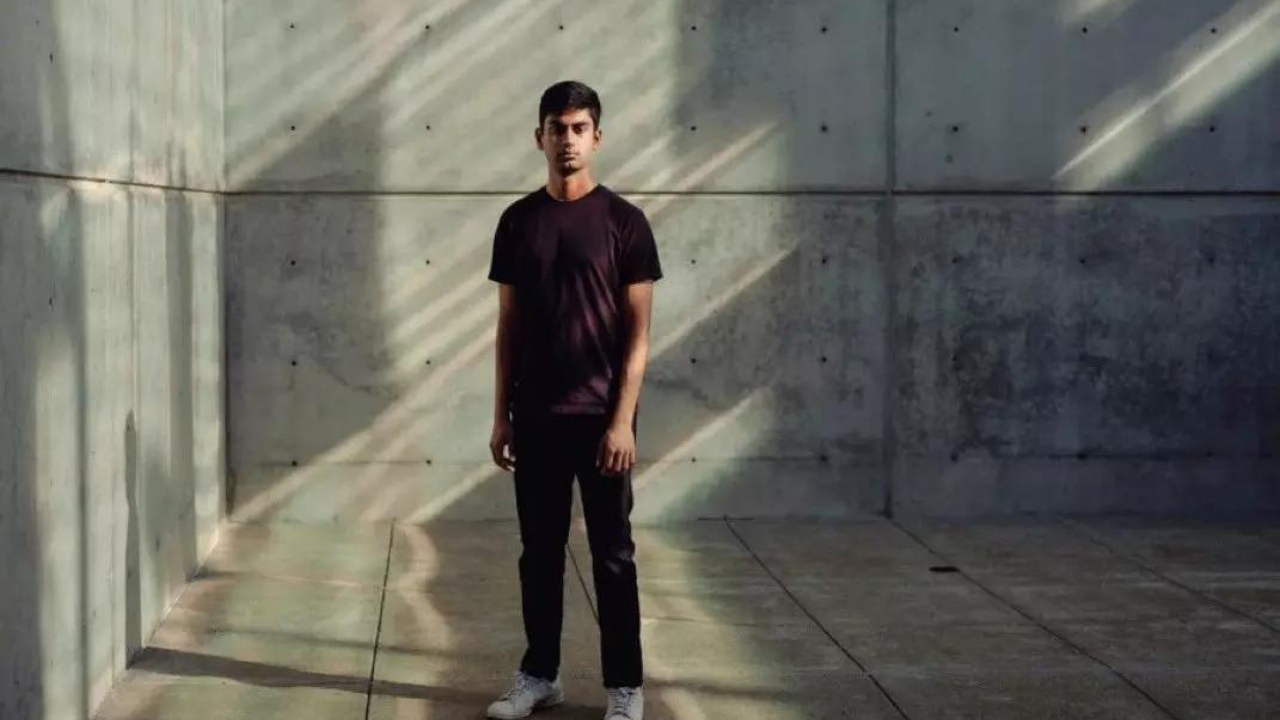Trending:
OpenAI Breaks Silence On Whistleblower Suchir Balaji's Death, Read Full Statement Here
OpenAI mourns the tragic death of whistleblower Suchir Balaji, a former researcher and critic of AI practices. Balaji's passing has sparked discussions on copyright violations and generative AI controversies.

OpenAI mourns the tragic death of whistleblower Suchir Balaji, a former researcher and critic of AI practices. (Image: X)
OpenAI has expressed deep sorrow following the death of its former researcher, Suchir Balaji, whose passing has left the tech and AI community in shock. Balaji, a vocal critic of certain AI practices, was found dead in his San Francisco apartment earlier this month. In an official statement released on Thursday, OpenAI confirmed they are in touch with Balaji’s family and are providing their full support during this difficult time. The organisation described Balaji as a valued team member and extended condolences to his loved ones, emphasising their commitment to assisting his family in every possible way.
OpenAI Responds to Tragedy
OpenAI’s statement acknowledged Balaji’s contributions and the profound impact of his passing on his former colleagues.
Here’s what the official statement read -
“We were devastated to learn of this tragic news and have been in touch with Suchir's family to offer our full support during this difficult time. Our priority is to continue to do everything we can to assist them.
Suchir was a valued member of our team, and his passing has deeply affected those who worked closely with him.
We first became aware of his concerns when The New York Times published his comments and we have no record of any further interaction with him. We respect his, and others', right to share views freely.”
A Whistleblower’s Legacy
Balaji had gained attention in recent months for his outspoken criticism of generative AI companies, including OpenAI, for allegedly violating copyright laws. His comments gained prominence amid ongoing lawsuits from writers, journalists, and programmers who accused AI firms of misusing their content to train AI models without permission. In interviews, Balaji shared that he became interested in copyright law after observing these lawsuits and began questioning whether the industry’s “fair use” defence was sufficient.
On social media, Balaji openly discussed his skepticism. In a widely shared post, he said, “I recently participated in a NYT story about fair use and generative AI, and why I'm skeptical 'fair use' would be a plausible defence for a lot of generative AI products.”
Get Latest News Live on Times Now along with Breaking News and Top Headlines from Technology Science and around the world.
Trending:

Shubham Arora author
Shubham is a passionate tech enthusiast whose world revolves around smartphones and gadgets. His love for gizmos and gaming is plausible. Beyond his t...View More
End of Article
Subscribe to our daily Newsletter!






From Digital Arrests To Deepfake Calls: 5 Dangerous Scams That Hit India In 2024

Manmohan Singh WhatsApp Video Status: Download Best Quotes, HD Images To Pay Tribute

Reliance Jio Launches Rs 601 Annual Plan For Unlimited 5G Data: Benefits, Validity, How To Avail

Google Accused Of Using Anthropic’s Claude To Improve Gemini AI, Company Responds

Apple Joins Google In Antitrust Battle To Protect $20 Billion Search Deal: Key Things To Know













